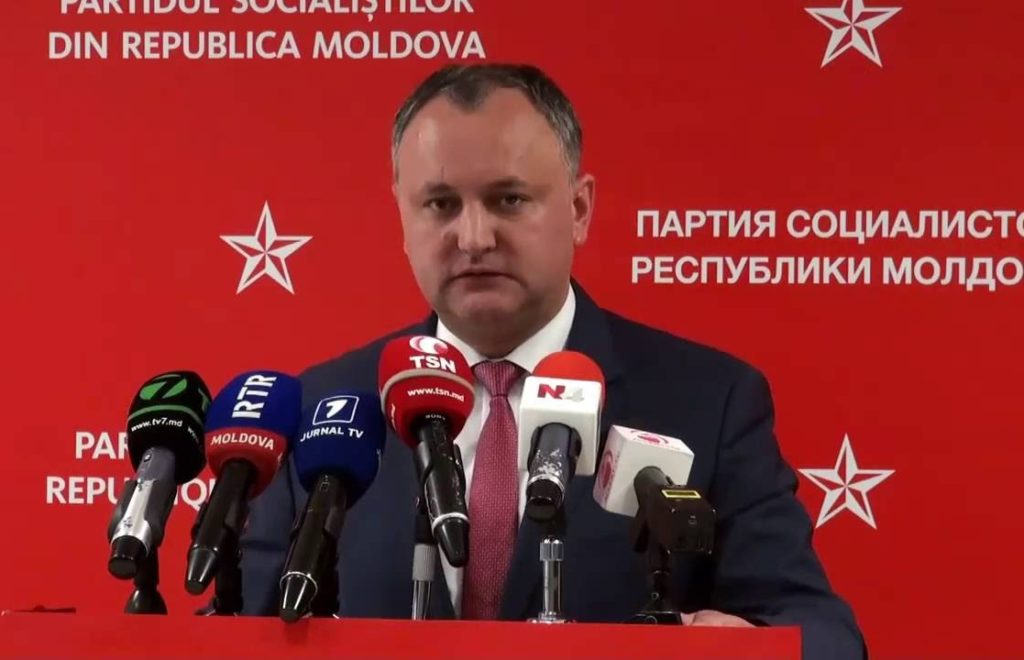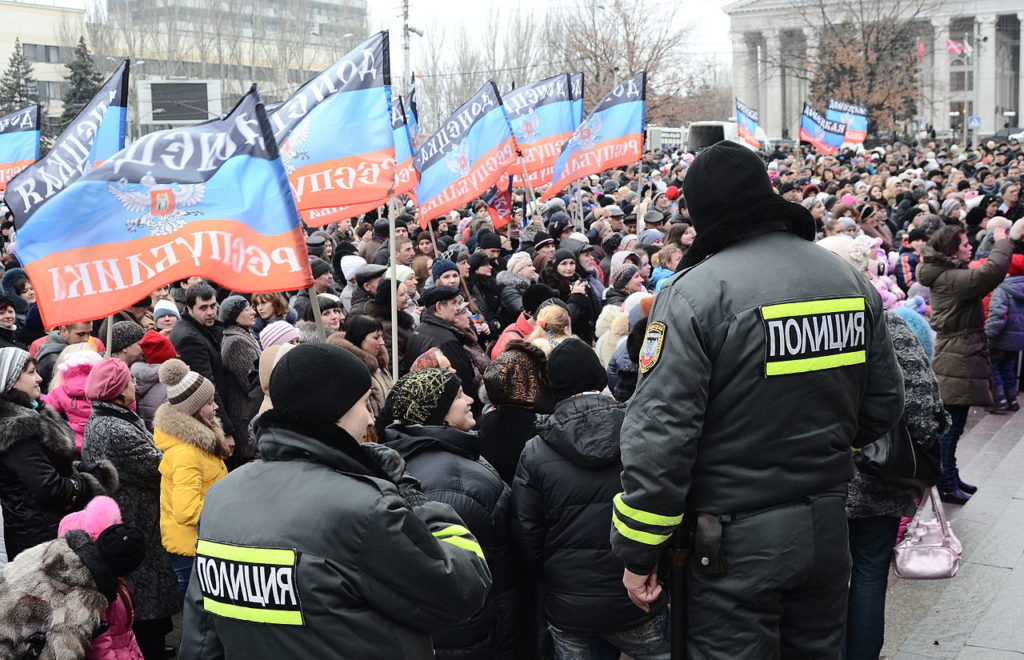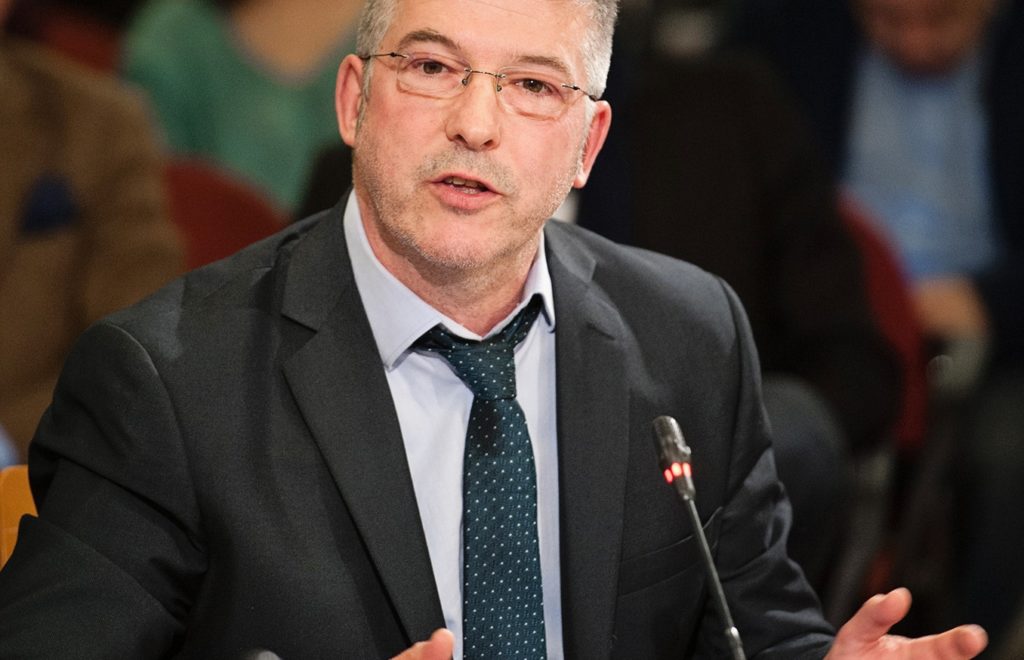An interview with Brian Whitmore, a senior fellow and director of the Russia Program at the Center for European Policy Analysis (CEPA). Interviewer: Adam Reichardt
ADAM REICHARDT: I would like to start with a question on one of the main topics we are covering in this issue – which is the movement of some in the West, like French President Emmanuel Macron, and others, who are calling for more dialogue with Russia. Foreign Affairs recently published a piece by Thomas Graham titled “Let Russia be Russia”, where the author writes that the West “should give up any ambitions of expanding NATO farther into the former Soviet space.” What is your take on this? Why are so many voices calling for better relations with Russia despite the fact that Russia has made zero concessions or offered any compromises after its aggression in Ukraine or interference and disinformation campaigns in the West?
BRIAN WHITMORE: There are two ways to look at this. First is the cynical view, that Russia is using its financial network of influence in Europe and the West to push these messages. The other interpretation is that there is a certain level of naiveté in the West when it comes to Russia, and especially Vladimir Putin. Whatever the case, we have to ask ourselves some serious questions here. When we have voices saying, “We should have a dialogue with Russia” – the question is, dialogue about what?
January 28, 2020 -
Adam Reichardt
Brian Whitmore






































